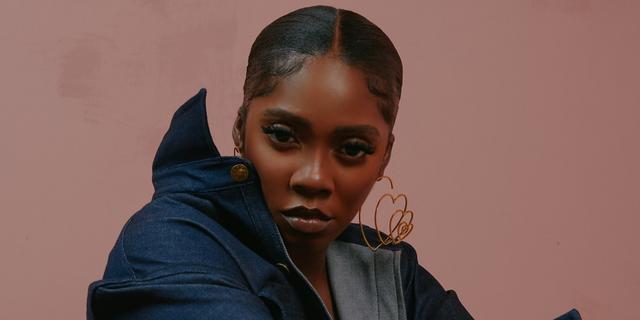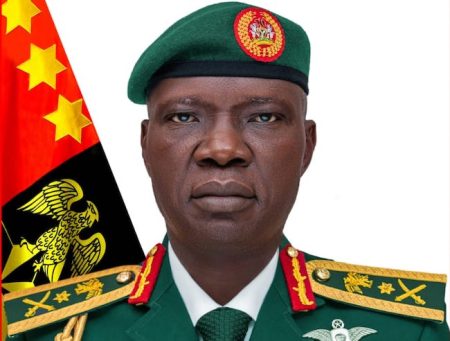In a recent interview on Beat 99.9 FM, popular singer Tiwa Savage shared her experiences regarding relationships and the dynamics of attraction, noting that she frequently receives romantic advances from women. The 44-year-old singer expressed her surprise at this trend, stating, “I do not know why, but a lot more women hit on me more than men. I do not know why.” This observation suggests a shift in societal norms, where women feel empowered to express their interest openly, challenging traditional expectations of gender roles in courtship.
Beyond her observations on attraction, Tiwa Savage also delved into discussions surrounding her status in the Afrobeats music scene. In an industry predominantly led by male artists such as Wizkid, Burna Boy, and Davido—often referred to as the “big 3”—Tiwa asserted her position with confidence. She believes her talent and skills as a performer place her among the elite in the genre, even surpassing her male counterparts in terms of artistry. “Do not get me started because if we were to go talent for talent, mic for mic, I am the big one,” she proclaimed, exhibiting a strong sense of self-worth and pride in her craft.
Tiwa further emphasized that the public’s perception of who belongs in the “big 3” should not solely rely on commercial success or chart numbers. Instead, she argues that musical talent and performance prowess should take precedence in these discussions. Her belief challenges the existing narratives that often overlook the contributions of female artists in a male-dominated industry, encouraging a broader understanding of success that includes skill and performance capability.
Furthermore, Tiwa’s commentary highlights a broader issue of recognition within the Afrobeats genre, where female artists have historically been underrepresented. By stating that “if we take off the numbers, whatever it is you want to judge big 3, you cannot see me on the mic,” she advocates for a meritocratic evaluation of artists, one that prioritizes true talent over commercial metrics. This call for recognition reflects a growing movement among female musicians to assert their place and demand visibility in an industry that often sidelines their contributions.
Through her statements, Tiwa Savage not only asserts her own status but also opens a dialogue about the importance of inclusivity and recognition of all talent in the music industry. By addressing both her experiences with attraction and her place within Afrobeats, she sheds light on the complexities surrounding gender dynamics and artistic recognition. This dual focus on personal and professional experiences resonates with many, potentially inspiring a reevaluation of how success is defined in the music world.
Ultimately, Tiwa Savage’s reflections challenge existing norms and advocate for a more nuanced understanding of talent and recognition within the music industry. Her confident assertions regarding her place in Afrobeats serve as a powerful reminder of the importance of inclusion and representation, particularly for women in the arts. As the conversation around gender roles and artistic recognition continues to evolve, Tiwa’s voice stands as a testament to the growing visibility and influence of female artists in contemporary music.














